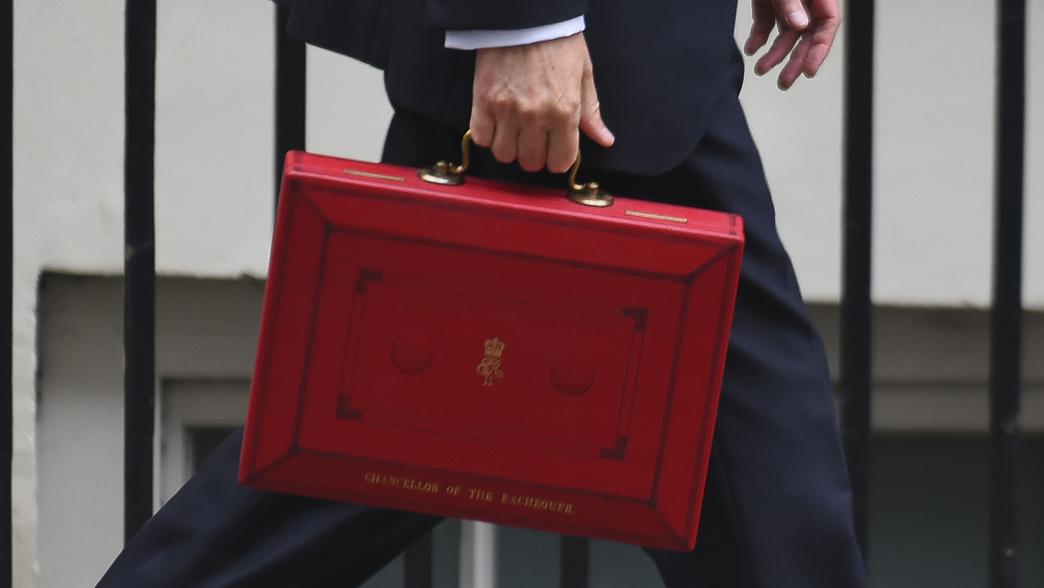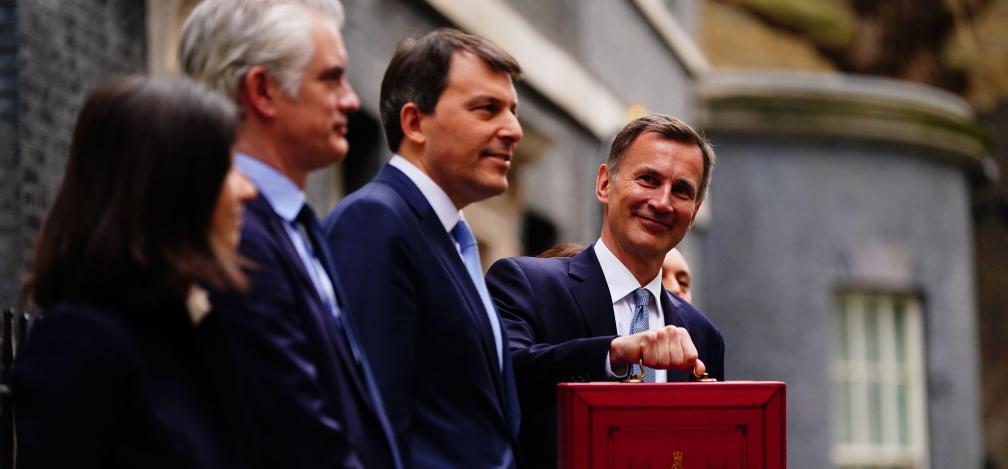Strengthening the UK’s fiscal framework: Putting fiscal rules in their place
The UK’s fiscal framework, including a flawed set of rules, incentivises bad policy decisions shaped by short-termism and fictional spending plans.

Spring budget 2024
At 12:30pm on Wednesday 6 March, Jeremy Hunt will deliver his budget. We will be setting out key things to look out for in the budget and key choices the chancellor needs to make beforehand.
Find out more